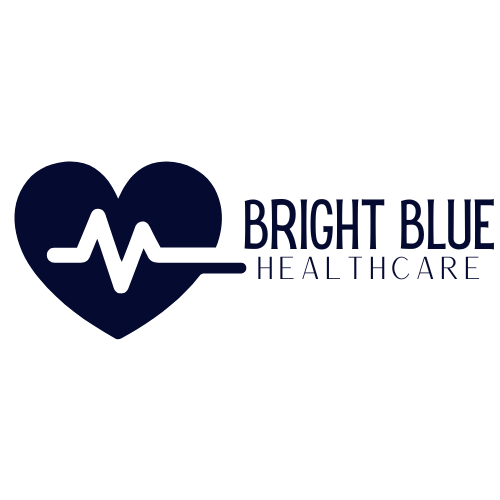Healthcare professionals have a moral and ethical responsibility to provide optimal care to their patients. As experts in the field, they play a crucial role in improving patient outcomes, preventing illness, and promoting overall well-being. However, to fulfill this duty effectively, medical professionals must prioritize their own healthcare and well-being. In this article, we explore the significance of healthcare for medical professionals, discussing key aspects such as self-care, continuous education, and the impact on patient care.
The Foundation of Optimal Care: A Healthy Medical Professional
Physicians, nurses, and other healthcare professionals are often consumed by their dedication to patient care. While this passion is commendable, it must not overshadow the necessity of self-care. Maintaining good physical and mental health is vital for healthcare providers to perform at their best and minimize the risk of burnout.
Self-Care: Physical and Mental Well-being
Physical well-being is the cornerstone of a healthy medical professional. By maintaining a balanced diet, engaging in regular exercise, and getting enough sleep, medical professionals can optimize their performance in both professional and personal realms. Additionally, regular health check-ups and preventive screenings are essential to identify any potential health issues early on, allowing for timely intervention.
Mental health is equally critical. The demanding nature of the healthcare field, long hours, and exposure to stressful situations can all contribute to mental health challenges. Medical professionals should proactively seek stress management techniques, such as mindfulness, meditation, or counseling, to build resilience and cope with the emotional toll of their work.
Balancing Work and Personal Life
Healthcare professionals often face the challenge of maintaining a healthy work-life balance. Long shifts, irregular hours, and the necessity to be on-call can disrupt personal relationships, restrict leisure time, and reduce overall life satisfaction. By establishing effective time management strategies and setting clear boundaries between work and personal life, medical professionals can enhance their overall well-being and avoid burnout. Prioritizing activities outside of work that bring joy and relaxation is crucial for maintaining a healthy work-life equilibrium.
Continuous Education: Staying at the Forefront of Medical Advances
The field of healthcare is constantly evolving, with new research, technologies, and treatment approaches emerging regularly. For medical professionals to ensure the best possible patient care, it is imperative to engage in continuous education and professional development. By staying up-to-date with the latest medical advancements, professionals can apply evidence-based practices that have been proven effective.
Lifelong Learning: Enhancing Patient Care
Medical professionals should actively seek opportunities for learning, such as attending conferences, participating in workshops, and pursuing additional certifications or advanced degrees. Continuous education not only promotes professional growth but also allows healthcare providers to better serve their patients. By integrating new knowledge and skills into their practice, medical professionals can offer the most current and effective treatments and approaches to their patients, ultimately improving patient outcomes.
Collaboration and Knowledge Sharing
Collaboration with peers and experts in the field fosters an environment of knowledge sharing and growth. By engaging in discussions, participating in case conferences, and continuing medical education (CME) activities, medical professionals can exchange experiences and expertise, thus expanding their understanding of different conditions and their management. Collaboration also encourages critical thinking, innovative problem-solving, and the development of interdisciplinary care plans, ultimately benefiting patients with holistic and well-rounded approaches to treatment.
The Ripple Effect: Impact on Patient Care
The healthcare experiences of patients are heavily influenced by the well-being, expertise, and commitment of medical professionals. When healthcare providers prioritize their own health and continuous education, they contribute to a more positive and effective care environment, leading to improved patient outcomes.
Enhanced Communication and Empathy
Medical professionals who prioritize their own well-being and engage in continuous education are better equipped to communicate effectively with their patients. Effective communication encourages patient engagement and empowers individuals to take an active role in their own care. Moreover, by continuing to enhance their interpersonal skills and practicing empathy, medical professionals create a supportive and compassionate atmosphere, facilitating patients’ trust and cooperation.
Decreased Medical Errors
By taking care of their own well-being and staying informed about the latest evidence-based practices, medical professionals can substantially reduce the occurrence of medical errors. Up-to-date knowledge ensures that healthcare providers are aware of potential risks, adverse effects, and alternative treatment options, enabling them to make well-informed decisions. This dedication to continuous learning and improvement significantly contributes to patient safety and overall quality of care.
Conclusion
Healthcare professionals have an immense responsibility to provide outstanding care to their patients. Prioritizing their own well-being and continuous education is essential to fulfilling this duty effectively. By embracing self-care, engaging in lifelong learning, and fostering collaboration, medical professionals can create a positive ripple effect that improves patient care outcomes, enhances communication, reduces medical errors, and promotes overall well-being. Embracing healthcare as medical professionals is not just an individual obligation but a collective responsibility toward a healthier society.




